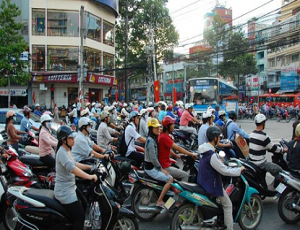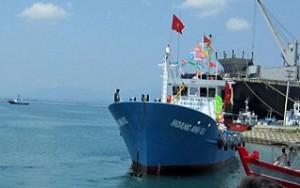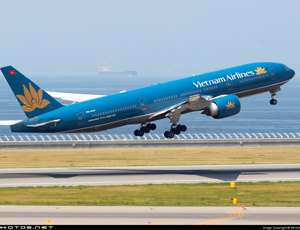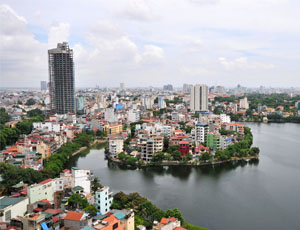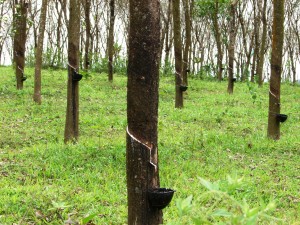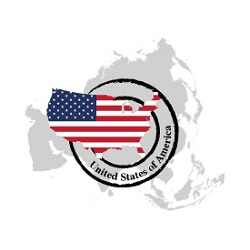Leveraging Emergent Trends in Vietnamese E-Commerce
The following article presents our take on E-commerce in Vietnam as outlined in the recent Vietnam Briefing Magazine. We present an overview of the state of e-commerce in 2016 and tie our conclusions to several local case studies.
Easy Riding – Investment Opportunities in Vietnam’s Motorcycle Industry
Vietnam is a country where motorcycles are both massively built and sold. Vietnam is not only a huge market where manufacturers can carve out their share but even use Vietnam as an export base throughout the whole Asian region.
The Seafood Industry in Vietnam – Aquaculture, Five Year Plans, and the TPP
Vietnam has implemented a five-year plan, to be completed in 2020, which will boost investment and build major fishing centers in five provinces. Overall, the seafood industry is still a vital exchange earner for Vietnam.
Vietnam Looks to Private Investment to Help its Aviation Industry Take Flight
Vietnam has announced that it is building a framework intended to grow the level of private investment into the country’s aviation industry. In particular, public-private partnerships (PPP) have arisen as one of the main methods of investment.
Foreign Investors Remain Hesitant About Setting Up Home in Vietnam’s Real Estate Market
Despite a new real estate law that was implemented last July, ostensibly giving foreigners the same property rights as local Vietnamese, foreign investors still remain wary about stepping into the market.
Vietnam Leads ASEAN in Domain Registrations
55,944 new .vn domains were registered in Vietnam in the first half of 2015, according to the Vietnam Internet Network Information Center (VNNIC), ranking the country first among the ten ASEAN members for the number of country code top-level domains.
Low Latex Prices Boost Vietnam’s Rubber Exports
By the end of May 2015, the average selling price of rubber in Vietnam was US$1,442 per ton, down from over US$2,000 per ton in early 2014. Prices have been averaging under US$1,500 per ton since October 2014.
State by State: Vietnam and Michigan Trade
Vietnam should be a core market for Michigan, a state which boasts US$451.52 billion in GDP in 2014, and a population of 9.88 million recorded in 2010.
Visa Waiver for Citizens of France, Germany, Italy, Spain, and the UK – The Real Impact
Vietnam appears to be opening up to foreign tourists by waiving visa requirements for citizens of the five EU countries France, Germany, Italy, Spain and the UK.
Vietnam’s Derivatives Market Continues Steady Development
Vietnam’s derivatives market continues to develop with Prime Ministerial Decree 42/2015/ND-CP, setting minimum capital requirements for companies involved in the derivatives market.



